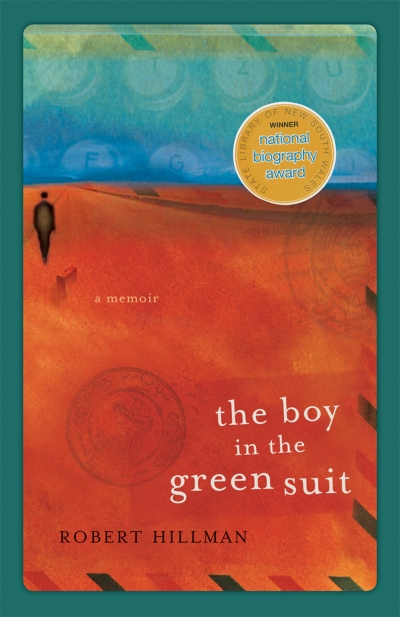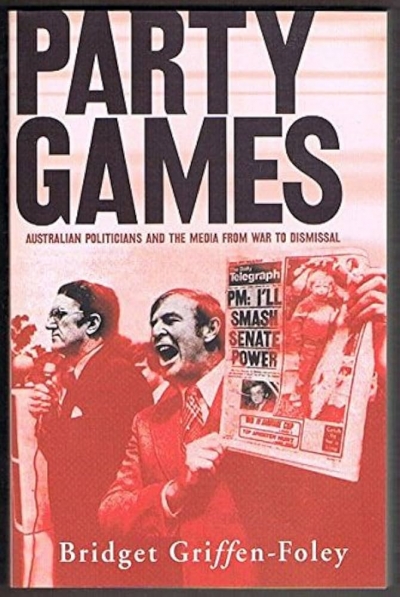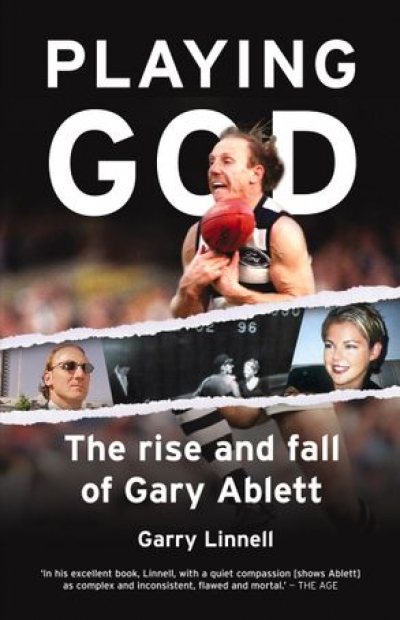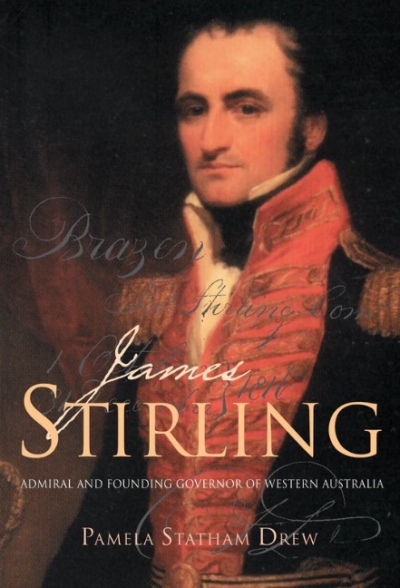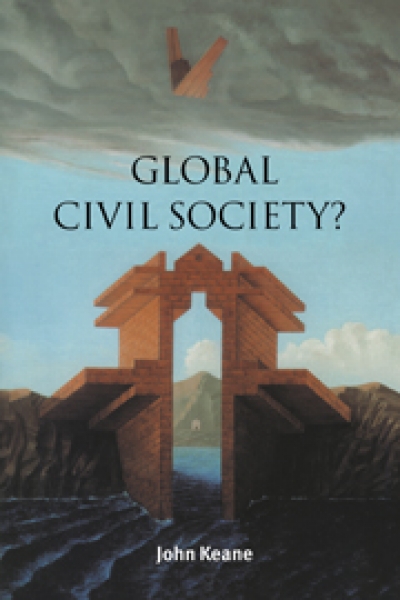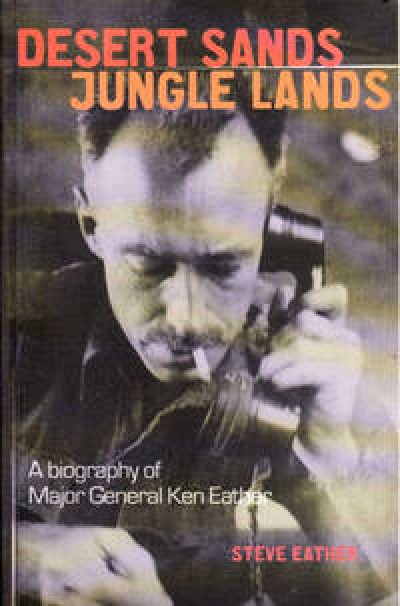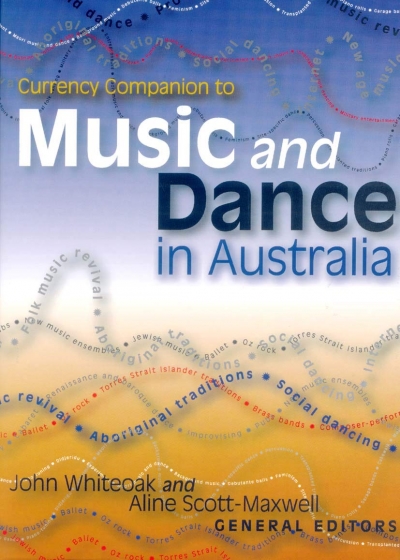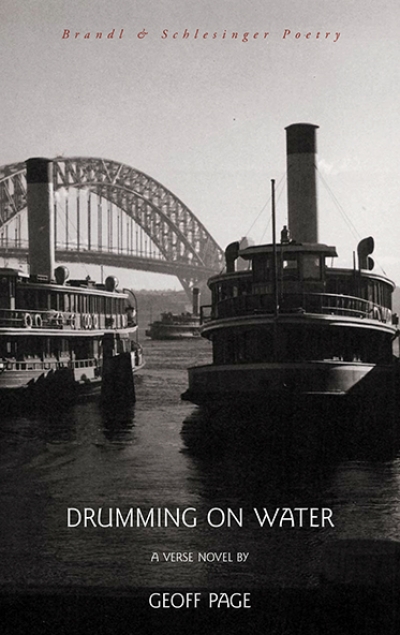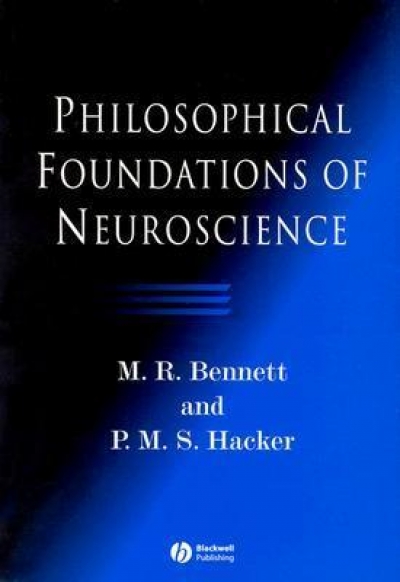Review
Party Games: Australian politicians and the media from war to dismissal by Bridget Griffen-Foley
by Mick O'Regan •
Playing God by Garry Linnell & Bob Rose by Steve Strevens
by Brian Matthews •
James Stirling: Admiral and Founding Governor of Western Australia by Pamela Statham-Drew
by David Hutchison •
Desert Sands, Jungle Lands: A biography of Major General Ken Eather by Steve Eather
by Mark Johnston •
Currency Companion to Music and Dance in Australia edited by John Whiteoak and Aline Scott-Maxwell
by John Rickard •
Philosophical Foundations of Neuroscience by M.R. Bennett and P.M.S. Hacker
by Damian Grace •

